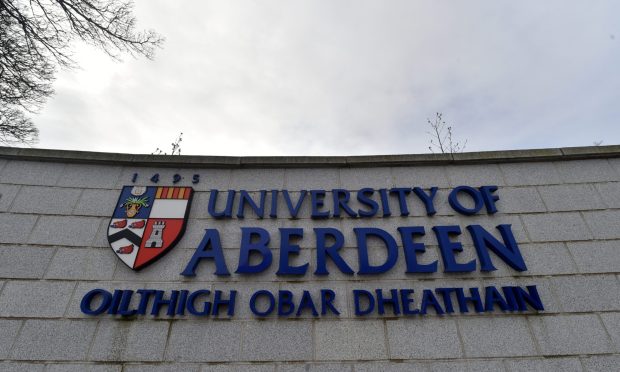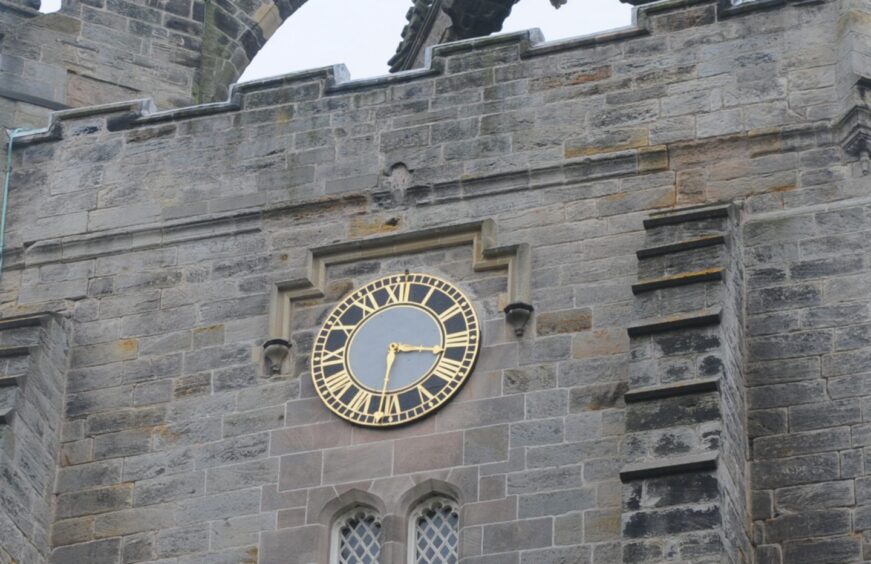Staff members have reacted with dismay after learning the future of modern languages at Aberdeen University is under threat.
The university is considering the future of modern languages provision, with a steering group outlining three options that have now been put to staff for consultation.
The university cited a “steep fall” in student numbers in modern languages, with high staff numbers relative to student numbers.
This means the department’s “income does not cover even the direct costs of staff”, leading to a projected deficit of £1.64m in 2023/24.
Degrees in French, Gaelic, German and Spanish could be scrapped in Aberdeen University modern languages cull
Options being considered for the future of modern languages at Aberdeen University are:
- Scrap single honours in French, Gaelic, German and Spanish, and reduce the number of courses required to deliver the remaining joint honours provision. A possible reduction in the number of languages offered to three or two languages.
- Scrap single and joint honours French, Gaelic, German and Spanish programmes but retain ‘with language’ programmes, e.g. International Business with French.
- Scrap all programmes with a named language component but continue to offer elective language courses that can be accommodated in their degree programme, typically at First Year level.
A series of meetings will be held with staff during the consultation. The university is also set to engage with student representatives.
In a collective response by staff members in the department, they called the situation “urgent”.
‘Suddenly worsening financial position’
They said honours degrees in languages, cultures and societies would likely be withdrawn, referring to a “suddenly worsening financial position.”
“Such a radical change in provision will have serious consequences for the whole of the north of Scotland in terms of equal access to language education.
“Were languages degrees to be withdrawn at Aberdeen, aspiring linguists from across the north of Scotland would have no option but to relocate to the south of Scotland to pursue their studies at a time when many of our students prefer to study close to home for a variety of financial and personal reasons.
“What is more, this lack of degree provision in the region will have a serious and lasting impact on the training and recruitment of languages teachers in secondary education across the north of Scotland.
“There is already a significant shortage of languages teachers in the region.”
Staff given ‘very little notice’ of proposed changes
In an interview with The P&J last week, Aberdeenshire director of education Laurence Findlay said only four people are doing their initial teacher education in modern languages at Aberdeen University this year.
Staff members added: “Especially concerning is the fact that academic staff in languages have been given very little notice of the proposed changes, which were first signalled at a staff meeting on October 23.
“As a department, we have an excellent reputation in both teaching and research. We would be the university’s best resource to come up with solutions.”
Staff have banded together to address the proposals, and have also launched a petition to save language degrees at Aberdeen. Within a few hours it had reached nearly 1,000 signatures.
The University and College Union (UCU) said staff were “shocked, angry and disappointed at the news their jobs are at risk.”
And the Scottish Government told the BBC that Aberdeen University should “carefully consider” its proposals to cut modern languages courses.
‘A very difficult time for staff in modern languages’ at Aberdeen University
Professor Karl Leydecker, university senior vice-principal is chairing the steering group.
He said: “It is deeply regrettable that the provision of modern languages at the university is unsustainable in its current form, with low and falling numbers of students.
“The steering group looks forward to engaging with the school to explore the options through the process of consultation before reaching final conclusions on our future provision.
“It is clearly a very difficult time for staff in modern languages. A range of support is being provided.”
An official university paper on the consultation says that the “undergraduate intake in this year is lower than the number of staff employed in Modern Languages”.
The university’s report says there has been a “particularly poor recruitment to Modern Languages at Aberdeen in September 2023”.
While there was 46 full time equivalent students in 2022, there was 62 in 2021.
As of September 2023, that figure was down to 26.95, which is lower than the number of staff employed in Modern Languages, at 37.



Conversation